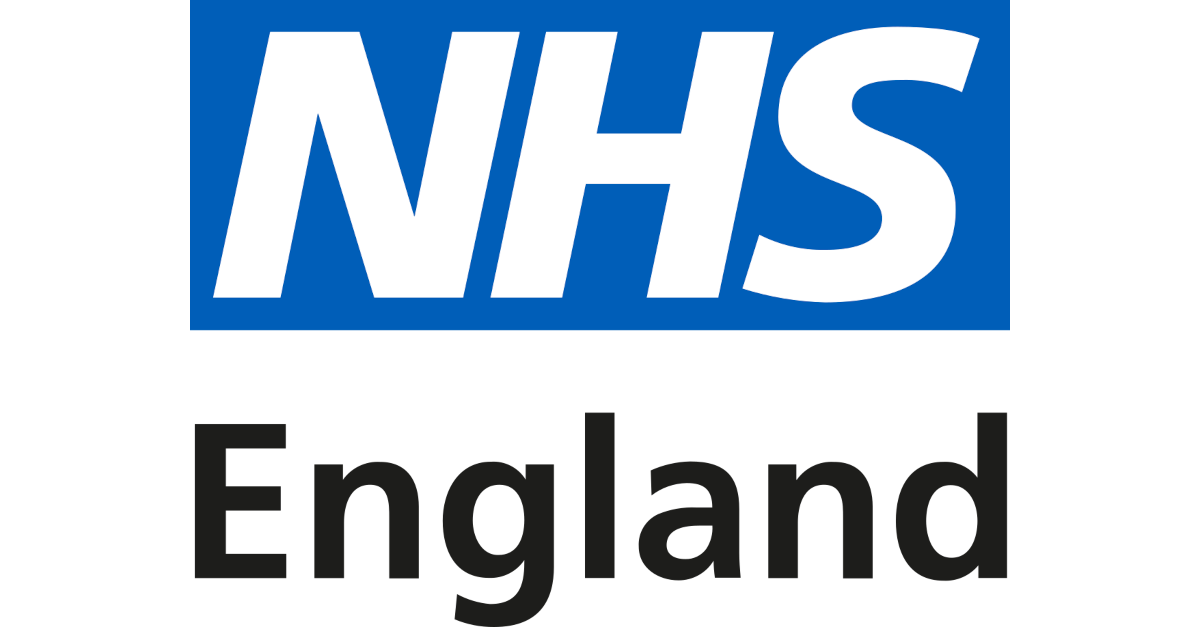The NHS website saw more than 18,000 hits in an hour on its spina bifida pages following Sunday night’s episode of Call the Midwife.
Spina bifida is a rare condition that occurs when a baby’s spine and spinal cord does not develop properly in the womb, causing a gap in the spine.
In the BBC One episode, viewers saw a baby girl born with meningocele, a serious type of spina bifida where the protective membranes around the spinal cord push out through the spine.
The condition can cause people to experience movement problems, issues with their bladder and bowels, as well as a build up of fluid on the brain that can cause learning difficulties.
There were 18,876 hits on the spina bifida NHS webpage immediately following the airing of the programme – where the baby had a successful operation to treat the condition – with the weekly total of visits rising to 30,202 in the past week, compared to 2,280 the week before (a 1,224% increase).
While the precise causes of spina bifida are unknown, a number of factors including low folic acid levels before and in the early weeks of pregnancy and a family history of the condition are known to increase the risk of it developing.
The NHS advises pregnant women – particular those with a family history of spina bifida – to take folic acid supplements before and during the beginning of their pregnancy.
Unlike in the 1970s when the episode is set, spina bifida can now be diagnosed during a mid-pregnancy anomaly scan which happens between 18 and 21 weeks of pregnancy.
Many people with spina bifida can live independent and fulfilling lives with the condition, managed through a combination of medication and therapies.
People suffering from the condition can also access a range of support on the NHS including physiotherapy, advice from an occupational therapist, as well as surgery to help repair the spine.
Professor Simon Kenny, NHS England National Clinical Director for Children and Young People, said: “Spina bifida is a serious condition that can have a big impact on people’s health and lives.
“The care available for children born with spina bifida has transformed massively since the 1970s, with significant advances in foetal, orthopaedic, spinal and neurosurgery helping to hugely improve children’s lives and opportunities.
“Better awareness of the factors that reduce the risk of babies developing the condition – such as taking folic acid supplement before and during pregnancy – is vital in helping pregnant women take life changing preventative action for their child.
“Storylines in programmes like Call the Midwife are powerful in spreading awareness and helping prevention – and of course the NHS website is always there to give clear, factual advice to anyone who wants to find out more about these conditions.”
Heidi Thomas, executive producer and writer of Call the Midwife said: “Everyone at Call the Midwife was very moved to hear that Baby June’s story has provoked such interest. She received her diagnosis of spina bifida in 1970, and although times change, concerns around the condition remain the same.
“We often feature challenging and emotional medical issues on the show, and are delighted when our audiences go straight to trusted sources, such as the NHS website, for further information.
“Our own postbag has been enormous this week, with fans of the show writing in to share their own experience of spina bifida, and thank us for telling June’s story. It is an absolute privilege to be able to educate, entertain and connect with people in this way.”
Baroness Merron, Minister for Patient Safety, Women’s Health and Mental Health, said: “It is brilliant to see Call the Midwife bringing this serious and often preventable condition to people’s attention, so people can seek the advice they need to protect their baby.
“This government is taking action to protect mothers and babies, including introducing a law to require flour to be fortified with folic acid, helping prevent 200 cases of debilitating brain and spine defects in babies every year.”
Gill Yaz, Head of Health at the spina bifida and hydrocephalus charity Shine, said: ‘It is always good to see stories about people with spina bifida on popular television programmes, and this episode of Call the Midwife encouraged many of our adult members to share their reflections on their own childhoods.
“Being set in 1970, it is also an opportunity to reflect on the changes, both in society’s attitudes to disabled babies, and science, that have transformed the life chances of many babies born today.
“The role of folic acid in helping reduce the chance of babies being born with conditions such as spina bifida and anencephaly when taken before conceiving, was not proven until 1991, and more recently, foetal surgery is helping reduce the impact of spina bifida for some babies.
“Shine has a wealth of information on our website, on living with spina bifida, and lowering the chances of having a baby affected by spina bifida or anencephaly.”
Find out more information about spina bifida on the NHS website.

